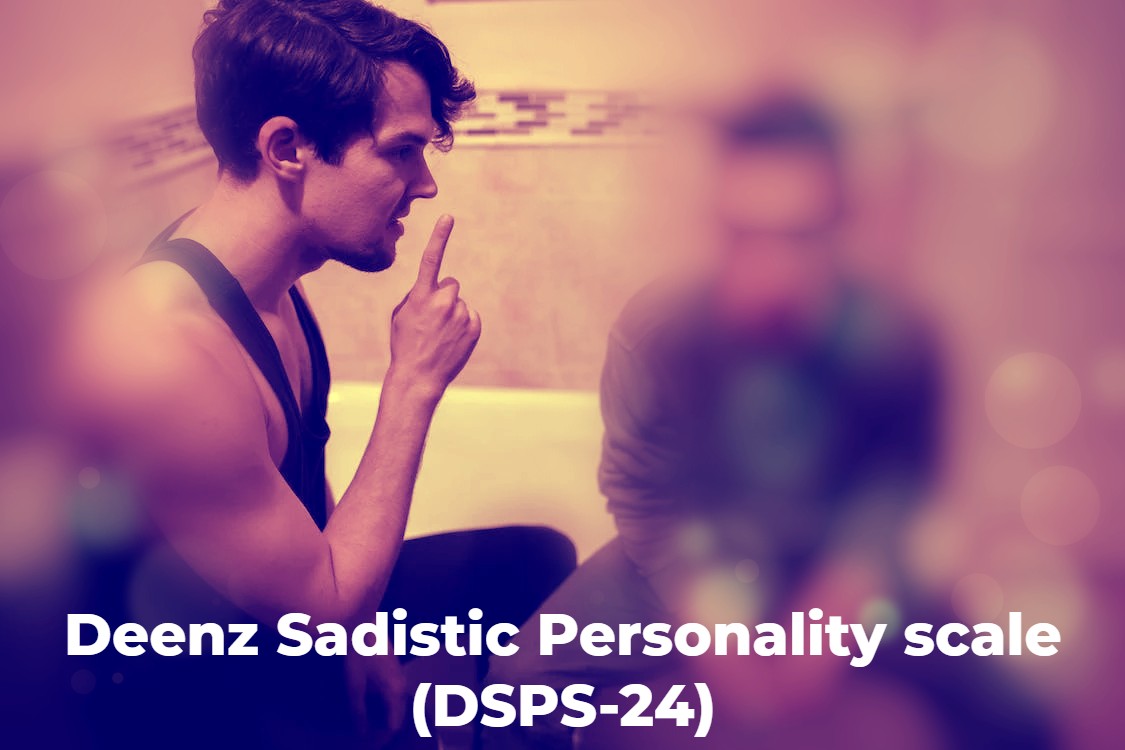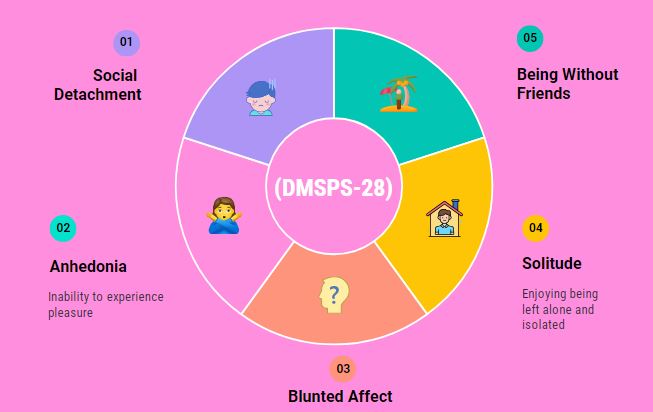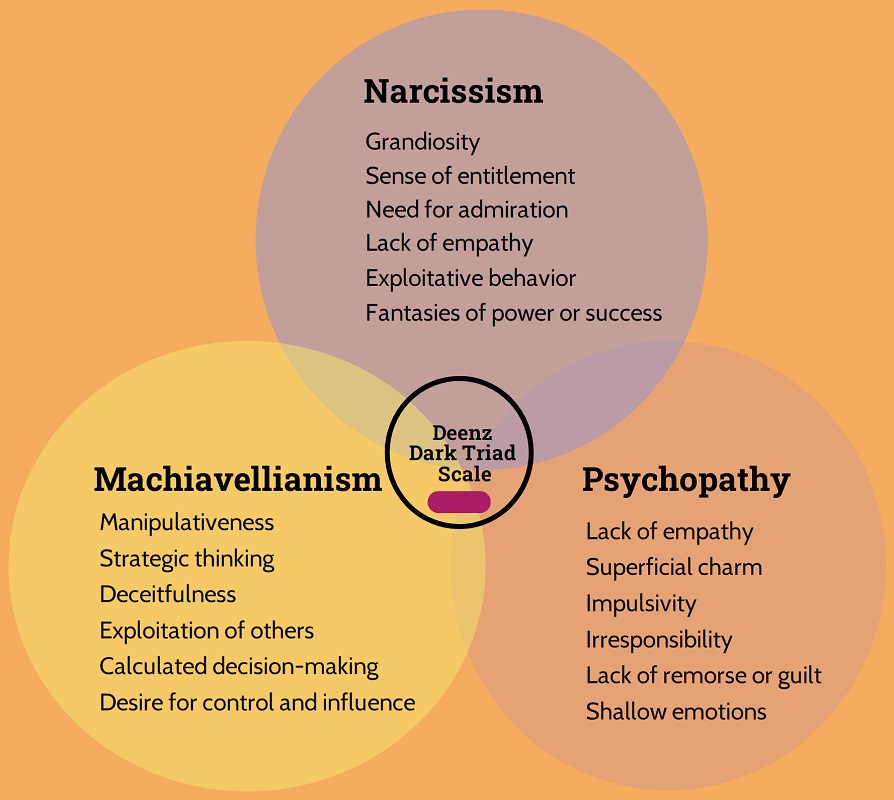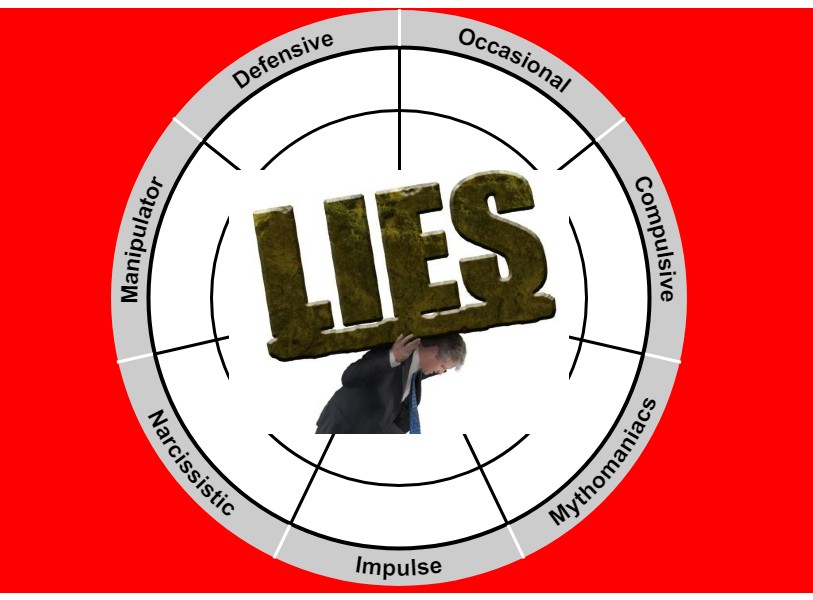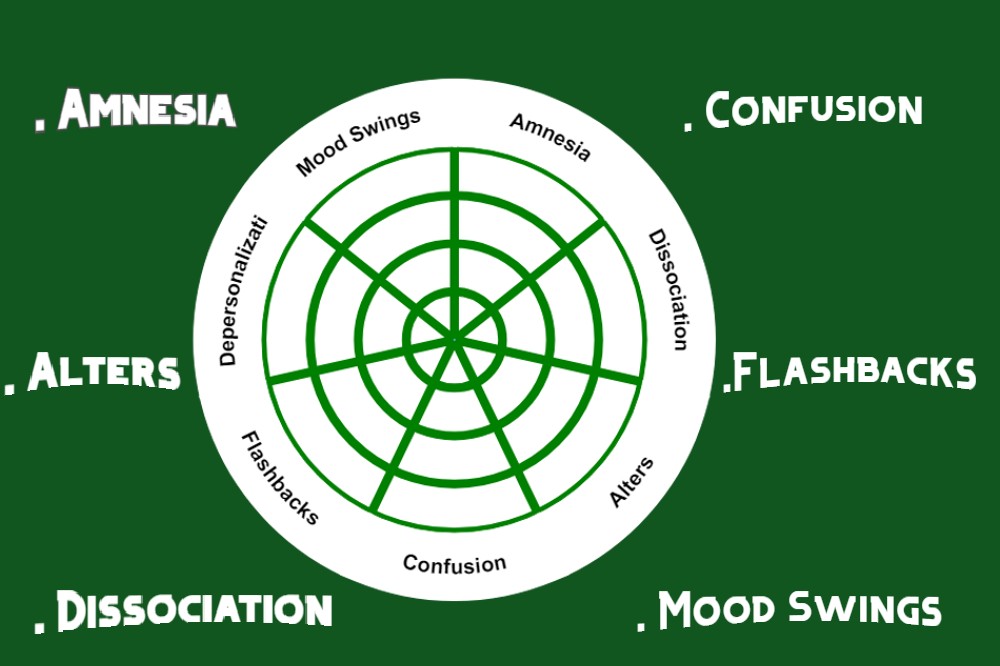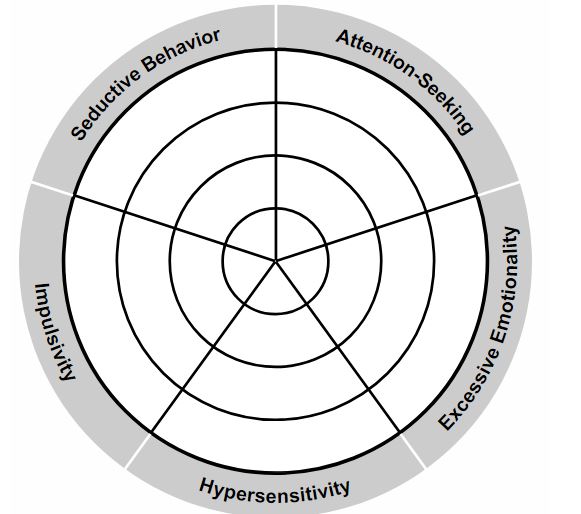Basic information | |
|---|---|
| Statements: | 24 |
| Duration: | 4–6 minutes |
| Type: | Self-assessment |
| Seminal work: | Deenz Avoidant Personality Scale (DAPS-24) |
| Publishing year: | 2021 |
| Instructions: | The purpose of Deenz avoidant personality scale is to measure subclinical traits and assess the presence of inclination or likelihood of exhibiting, pathological traits associated with Avoidant personality disorder. The preliminary version of the scale is based on 24 statements, related to your life experiences and behaviors. For each statement you need to indicate your level of agreement. |
The purpose of the scale is to measure subclinical traits, tendencies and inclination towards clinical traits associated with Avoidant Personality disorder in general population. This quiz is not considered accurate for the diagnosis of Avoidant Personality Disorder. Only a mental health professional can make a proper and definitive diagnosis. The results can be used for clinical purposes only when there is the intervention of a mental health professional. Your participation in this quiz is complete anonymous, no data is collect or stored for research purposes.
Avoidant Personality refers to feelings of inadequacy, fear of negative judgment, and tendencies to avoid social interactions due to fear of criticism. Over the years our understanding of avoidant behaviors has evolved and the change in the classifications and shift in focus on accessing subclinical traits has been recognized.[1] Lampe, ….. “Avoidant personality disorder: current insights.” Psychology research and behavior management (2018): Early accessing and measuring the inclination towards clinical traits or the impact of avoidant personality on social and psychological well-being can help minimize the risk of development of Avoidant personality disorder.
Avoidant Personality Facets.
Avoidance (Social Inhibition): Social Inhibition refers to a tendency to be cautious in social situations. In other words, it is a psychological phenomenon in which a person experiences hindrance in social interactions and behaviors. From the subclinical perspective, it is a fear of negative judgment in social situations without experiencing significant impairment. [2] Lampe L. Avoidant personality disorder as a social anxiety phenotype: risk factors, associations and treatment.
Inferiority (Feelings of Inadequacy): Inferiority refers to the state of feeling inadequacy and low self-esteem. People with an inferiority complex experience unrealistic feelings or doubts about their abilities and self-worth. Chronic feelings of inferiority may lead to impairment in social and interpersonal relationships.
Defensiveness (Hypersensitivity to Criticism or Rejection): Defensiveness is a natural response to the perceived threat, whether physical or emotional. Some people are sensitive to criticism or rejection and it is the natural way to struggle for protection of self-worth. The exaggerated sensitivity to criticism or rejection can lead to a heightened state of alertness to strive to shield from emotional harm. People with avoidant personality disorder often have hypersensitivity to criticism and it impacts their social and professional life. [3] Cassidy, …. “Avoidance and its relation to other defensive processes.”
Overconcern (Preoccupation with Criticism or Rejection): Overconcern in the subclinical perspective refers to the state of feeling concerned about criticism or rejection in social situations without impairing overall social and psychological well-being. People who have unrealistic concerns about how they may be perceived when expressing opinions or disapproval lead them to avoid social situations.
Insularity (Limited Social Circle): Insularity refers to the state of being detached or limiting social interactions with others. People with insularity limit their circle of social interactions and isolate themselves from others because of fear of rejection or disapproval. Sometimes people limit social interactions to provide themselves a sense of safety but this behavior leads to impairment in daily functioning.
Yearning (Longing for Social Connection): In simple terms or in the context of social connections, yearning refers to the desire to build meaningful relationships. From the psychosocial perspective, it is an emotional state characterized by a sense of emptiness or feeling of isolation that arises from the inadequacy of social connections. [4] Sørensen KD. Lived experience of avoidant personality disorder.
References
Lisa Lampe & Gin S Malhi (2018) Avoidant personality disorder: current insights, Psychology Research and Behavior Management, 11:, 55-66, DOI: 10.2147/PRBM.S121073 ↩
Lampe, Lisa. “Avoidant personality disorder as a social anxiety phenotype: risk factors, associations and treatment.” Current opinion in psychiatry 29.1 (2016): 64-69. https://doi.org/10.1097/YCO.0000000000000211 ↩
Cassidy, Jude, and R. Rogers Kobak. “Avoidance and its relation to other defensive processes.” Clinical implications of attachment. Routledge, 2015. 300-323. https://doi.org/10.1007/s12144-022-03919-w ↩
Sørensen KD. Lived experience of avoidant personality disorder. [PDF] uio.no ↩






